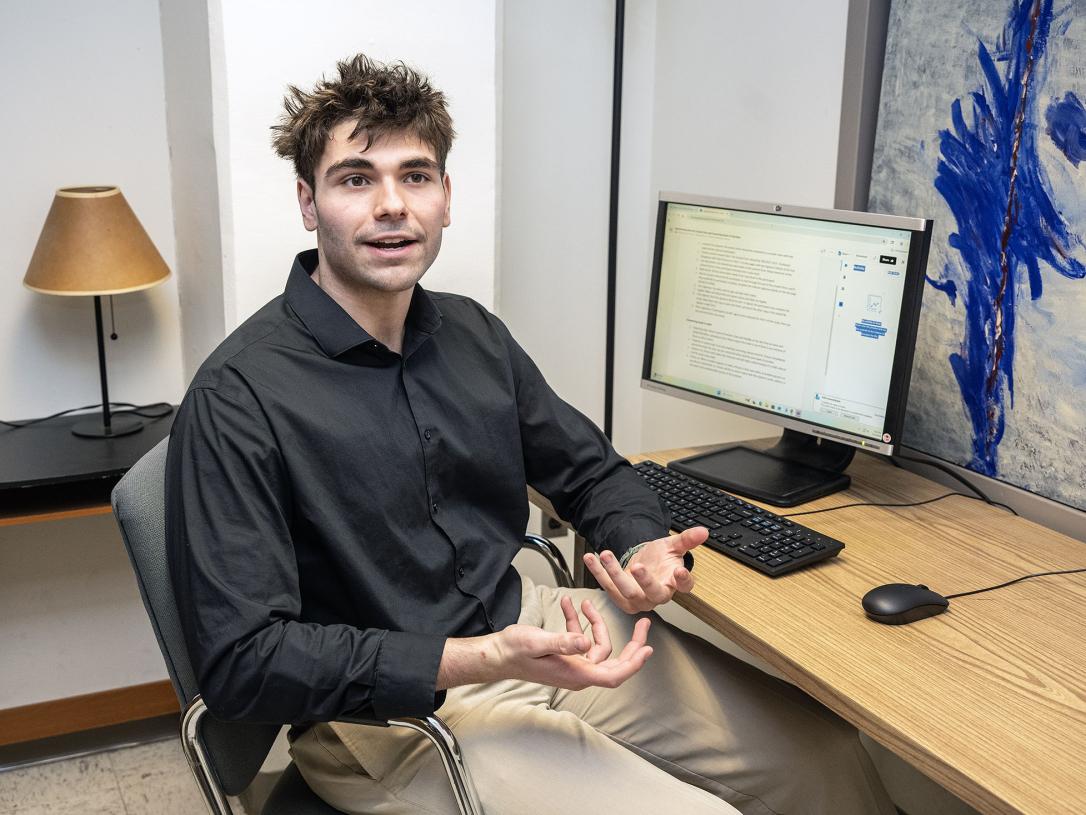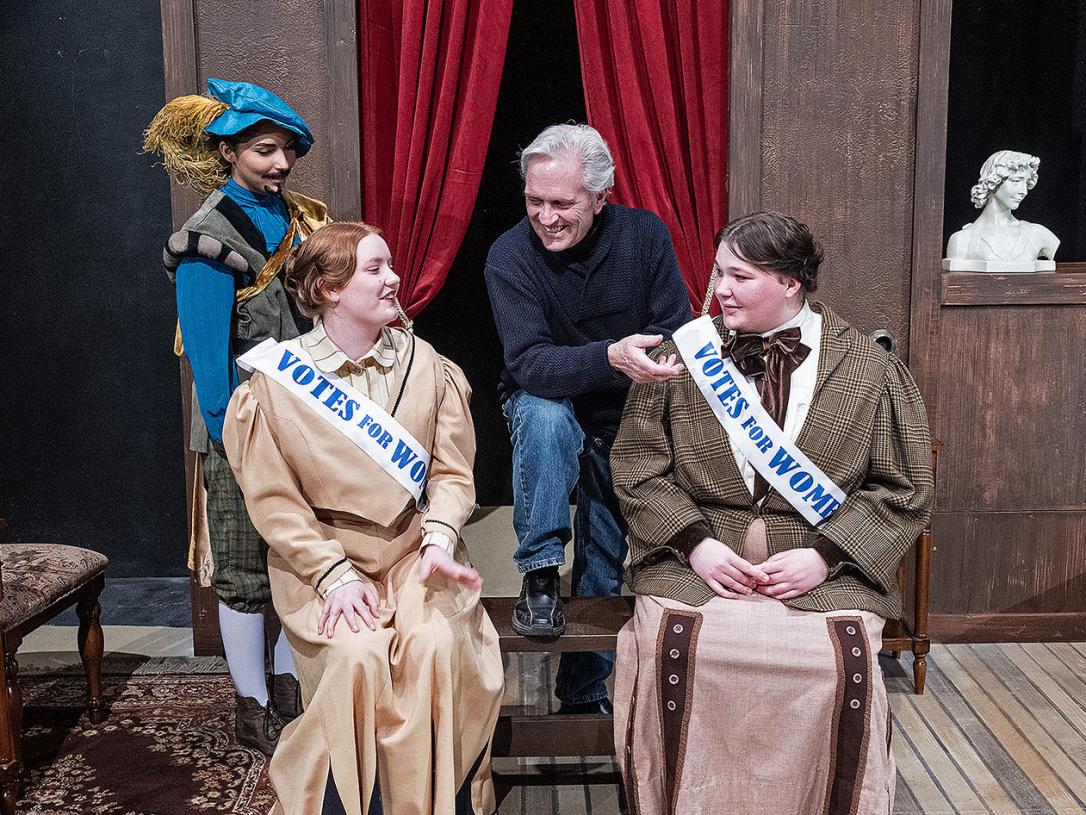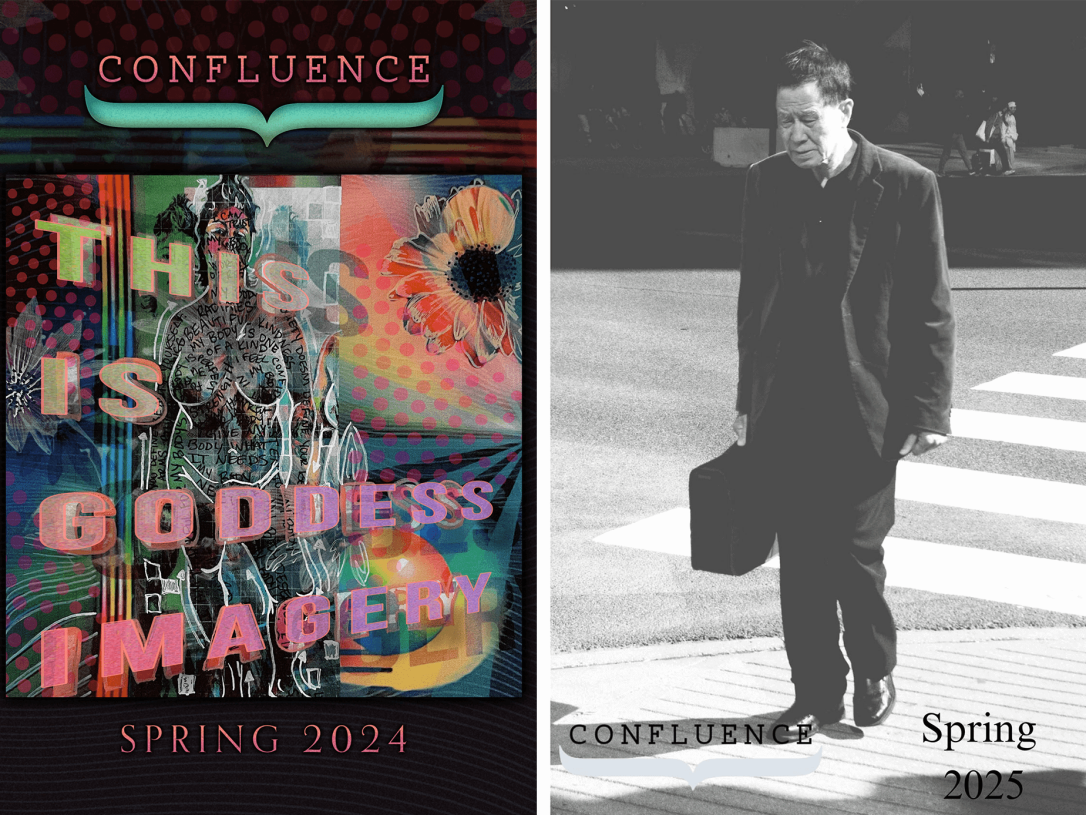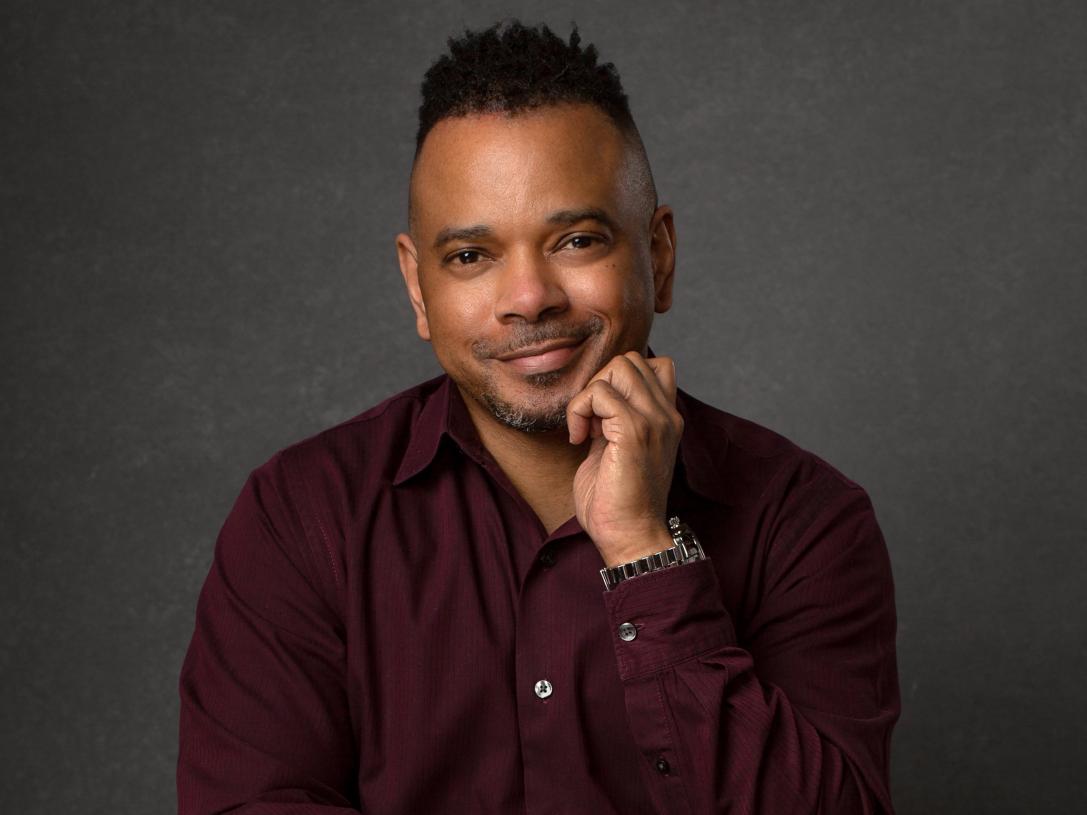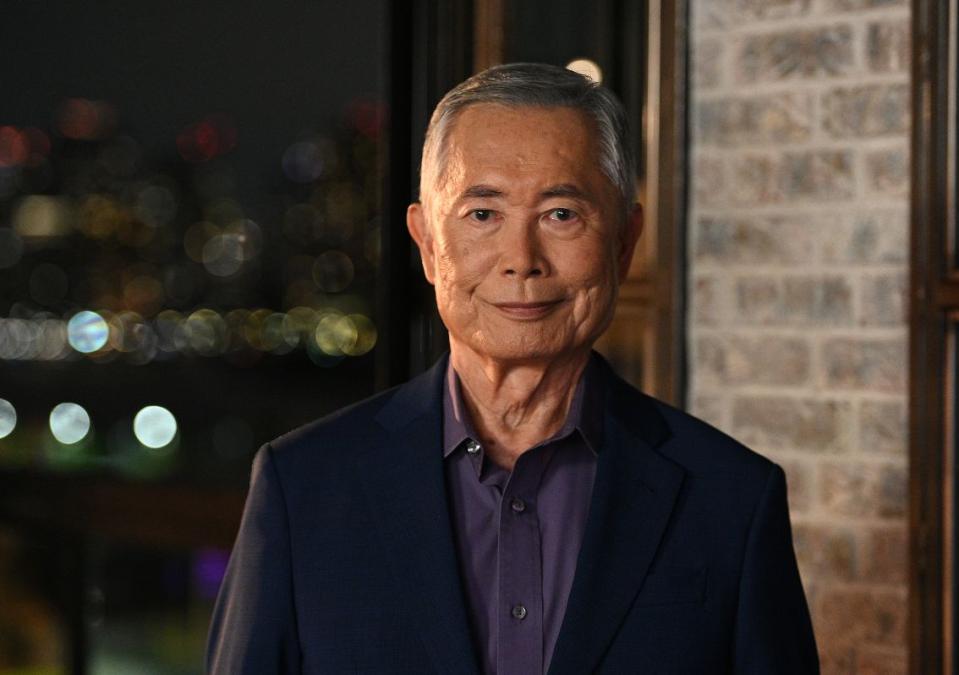
Inside PFW
Actor, Activist Takei Excited for Omnibus Series Finale
Though just returning from five months in London performing in the musical “Allegiance,” George Takei is excited to meet his audience April 25 at Purdue University Fort Wayne. And despite enduring eight shows a week and turning 86 this Thursday, he’s got plenty to say.
The musical is based on the Takei family’s experiences living in three internment camps during World War II from 1942 to 1946. Those events will also be the theme of Takei’s presentation next week in Auer Performance Hall.
“It is still one of the little-known and shameful periods in American history,” Takei said during an interview from London. “We had nothing to do with the bombing of Pearl Harbor. My grandparents were immigrants just like most Americans, and yet we looked different from the mass of America. We were at war with Germany and Italy, and we didn’t imprison German-Americans or Italian-Americans unless they were actively involved in sabotage or spying. In our case, there was no justification for our imprisonment other than looking like we did.”
Twenty years after internment, Takei became a Hollywood star as the character Hikaru Sulu in the legendary TV show “Star Trek,” highlighting his long-lasting and prominent acting career. His talents have evolved to include narration and book writing, along with vibrant social activism, including his passionate fight for LGBTQ+ rights and marriage equality in America, empowering others to beat the odds and make a difference. Though married in 2008, Takei and his husband Brad have been together for 37 years.
Takei will be the final guest in the 2022–23 Omnibus Speaker Series with “Where No Story Has Gone Before: An Evening with George Takei.” As of Monday (April 17), only 250 newly released tickets for his 7:30 p.m. appearance next week are available at the box office. Call 260-481-6555 for more ticket information.
Part of “Star Trek” lore included the Vulcan ideal of IDIC, or infinite diversity in infinite combinations, which gave the 1960s audience something to strive and hope for.
“It is happening,” Takei said. “You have to remember that the 1960s was a very turbulent time in the United States. If you take a step back and look at the larger picture, we have made enormous progress from the 1960s in IDIC. I see a historic vision, a larger vision.”
Takei mentioned the presidency of Barack Obama and the current vice presidency of Kamala Harris, things unimaginable during the 1960s.
“It is slow, but we are making progress,” Takei said. “It’s three steps forward and then two steps back, and it’s always been that way historically. If you are looking at the three steps forward part, it’s fast, but then when you are looking at the two steps back, it seems like it’s receding. You have to remember that you’ve made that one step forward.”
Takei said his activism was inspired by his father who lost bank accounts, a home, and the family business during internment. Unable to find housing after their release, the family lived for five years on Skid Row in Los Angeles. Despite the family’s struggles, Takei’s father never lost his hope or faith in America, which he passed to his son.
“He bore the brunt of that imprisonment, and yet he was able to answer me when I started asking questions about our incarceration,” Takei said. “He said, ‘We live in a democracy. The ideas of democracy are shining ideals. It takes the people to make them true or not true. As citizens of American democracy, we have a responsibility to be actively engaged to make those ideals true and meaningful.’”
The author of five books, Takei said he wrote two more while in isolation during the pandemic, one of which will be announced in June.
The Omnibus Speaker Series at Purdue Fort Wayne is made possible in part due to the support of the English-Bonter-Mitchell Foundation, which has sponsored every season since the series launched in 1995.
